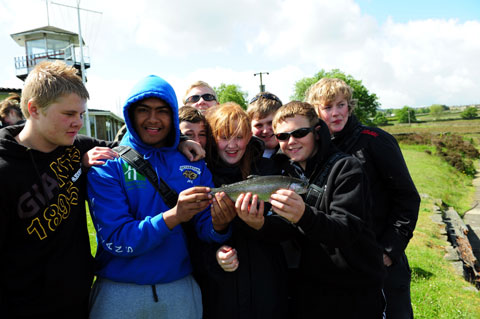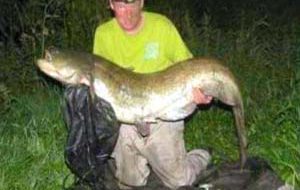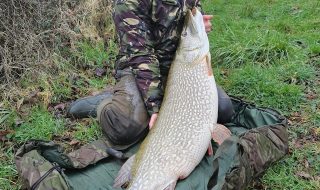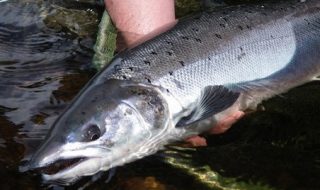John Bailey, author and presenter of the book and the TV series ‘Fishing in the Footsteps of Mr. Crabtree’ appeared on BBC1 Sunday 14th July to talk about the decline in youngsters getting involved in the sport of fishing.
It’s a subject that’s close to our hearts as we continue our own national talent search for young anglers to appear in Series 2 of ‘Fishing in the Footsteps of Mr. Crabtree’.
According to EA figures, the numbers of junior licences being bought has dropped from 77K in 2009 to 44K in 2013.
So what’s the problem? Is fishing no longer the #1 participatory sport in the Uk? Is it more that people aren’t buying licenses? Is it all part of a (not so) slow decline into a stagnant lifestyle that revolves around tech and instant gratification?
As Team Crabtree we’ve straddled the mainstream and the fishing industry, and been privy to the assumptions that people make about angling and anglers. Here’s some of our thoughts on the subject, but what do you think?
1. Angling is still #1
The EA stats may reveal that the numbers of teenagers coming in to the sport are down, but angling is still the Number 1 participation sport in the UK – and the world!
2. Barriers to Access
There are undoubtedly more barriers to entry these days. More private waters than ever before, health and safety concerns, worries about children going out alone. And then there’s all the tech barriers – the XBox generation and a general lack of physical activity amongst the young. In our opinion though, the biggest barrier to entry is lack of opportunity – there was a time that fishing was something that all children has tried and then made the decision about whether to stick with. That’s certainly not the case now.
3. Lack of support from the mainstream media
Angling has a widespread and varied appeal across its disciplines, and millions of participants at grass roots level. However, it is rarely supported by mainstream media unless it’s a sensationalist type of show that doesn’t represent day to day fishing and isn’t accessible or attainable. Great angling shows appear often on the likes of Sky Sports and Discovery but these reach dedicated audiences and not potential new people or those with a passing interest that could be channelled into action.
4. Anglers are ‘cool’ – you just don’t necessarily hear about them!
Many people in the public eye use fishing as their escapism – they don’t shout from the rooftops about it – It’s their way of getting away from the limelight. There are so many famous actors, rock and pop stars, personalities and sports people that go fishing. Fishing is not necessarily perceived as ‘cool’ because it’s not really a ‘look at me’ sport. And harking back to point #3 – because it’s not always supported by the mainstream media people have a stereotyped view of what anglers are. If you saw the kids that apply to be our young protégés in the shows and our Peters that appear – you will see some really cool kids from a real cross section of the UK.
5. Angling offers something for everybody
If the positives – of which there are many – were to be illustrated on terrestrial TV channels there would be a massive shift in popularity and of people going and giving it a try. It’s a great and inclusive pastime, it’s a great way to meet nature, to share with parents, family and friends, it’s active, it gets you outdoors and you get to see and experience so much that you can’t sitting at home glued to a games console. One of the best aspects of angling is that it can be enjoyed equally at 6 or 86 – and it is! Through Crabtree we’ve clearly seen and enjoyed the meeting of generations, sharing in a common passion – the transference of skills, knowledge and experience. Angling provides the ideal platform to create communities, injecting mutual respect and providing all involved with the opportunity to set themselves personal goals and targets that they can celebrate with friends and family.
For us and other agencies that we work with – and there are so many great people out there doing amazing things to help and support getting youngsters into the sport – the key is about introducing beginners of all ages, class and gender to the sport – but especially youngsters and teenagers.






